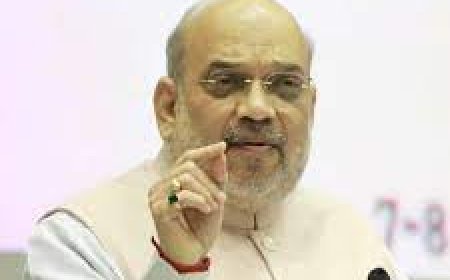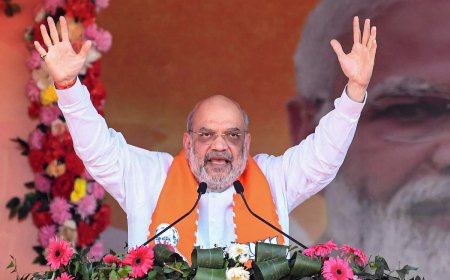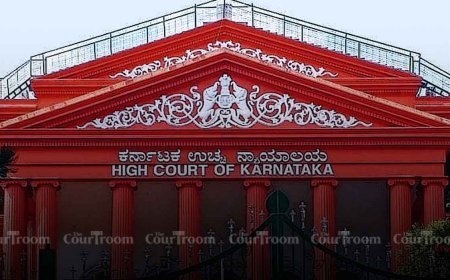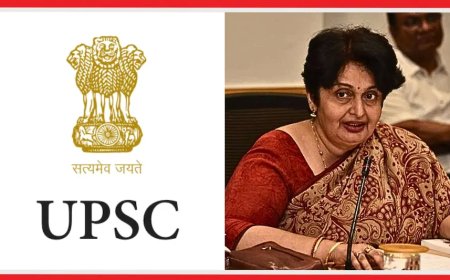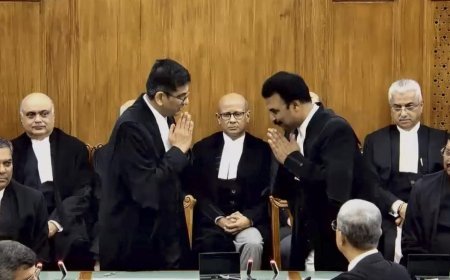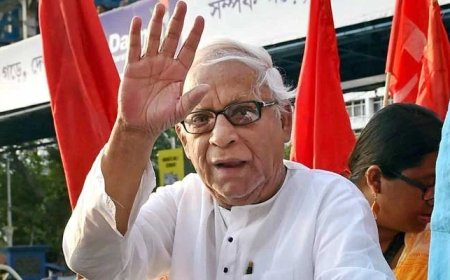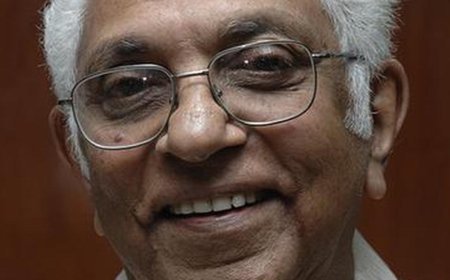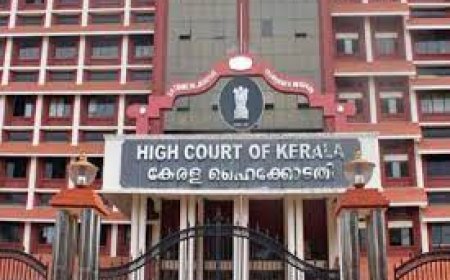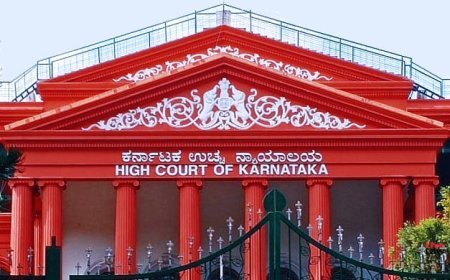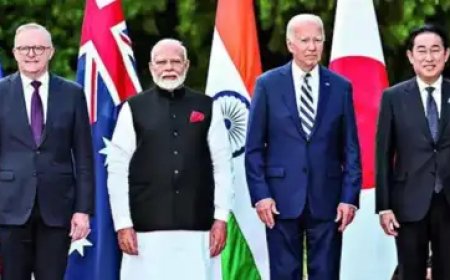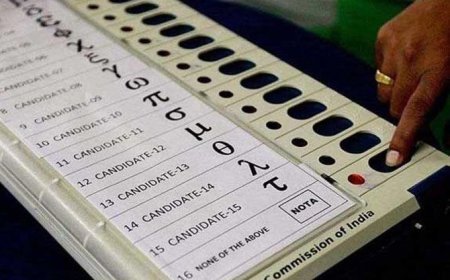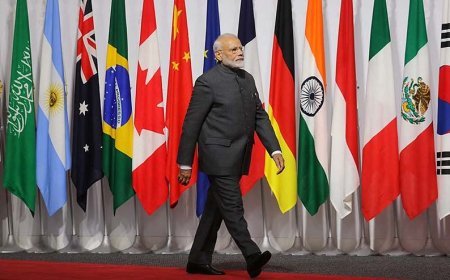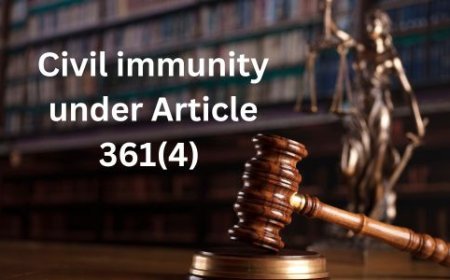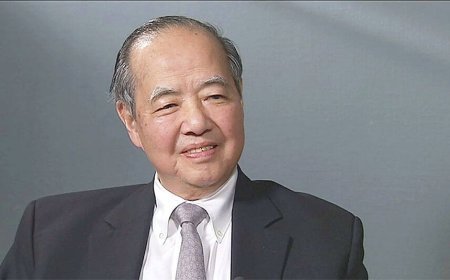Telegram CEO Pavel Durov Arrested at French Airport Amid Controversy Over App's Role in Criminal Activity

Telegram CEO Pavel Durov Arrested at French Airport Amid Controversy Over App's Role in Criminal Activity
Pavel Durov, the CEO and founder of Telegram, a widely used encrypted messaging app, was arrested by French police at Le Bourget airport near Paris on Saturday evening, according to sources. The Franco-Russian billionaire, 39, was detained shortly after arriving from Baku, Azerbaijan, under an arrest warrant issued by France's Office for the Prevention of Violence against Minors (OFMIN). Durov is expected to appear in court on Sunday, August 25, 2024.
Charges Against Durov
The arrest follows an ongoing investigation into multiple serious allegations against Durov, including fraud, drug trafficking, cyberbullying, organized crime, and the promotion of terrorism. French authorities accuse Durov of failing to prevent the criminal use of Telegram, which has been criticized for allowing the spread of harmful content, including neo-Nazi propaganda, child exploitation material, and conspiracy theories.
"Enough of Telegram's impunity," remarked one investigator, expressing surprise that Durov risked traveling to Paris despite knowing he was a wanted man. The arrest underscores growing concerns among European officials about the platform's role in facilitating illegal activities due to its strong privacy protections and resistance to content moderation.
Telegram's Controversial Stance on Privacy
Telegram, headquartered in Dubai, has gained popularity as a privacy-focused alternative to U.S.-based messaging platforms, such as WhatsApp. With over 900 million active users, it has positioned itself as a platform committed to protecting user data from government surveillance and commercial exploitation. In a recent interview with conservative commentator Tucker Carlson, Durov explained that his inspiration for creating Telegram stemmed from pressures he faced from the Russian government while operating VK, a social network he founded before leaving Russia in 2014.
Telegram's stance on privacy, however, has made it a hotbed for illegal activities. The app's ability to host groups of up to 200,000 members has led to its exploitation by individuals and groups spreading false information and engaging in criminal activities. Unlike its competitor WhatsApp, which implemented limits on message forwarding in 2019 following incidents of violence in India linked to misinformation, Telegram has been criticized for its reluctance to moderate content, particularly in jurisdictions with strict anti-terrorism and anti-extremism laws.
Impact and Next Steps
Durov's arrest marks a significant development in the ongoing debate over the responsibilities of tech platforms in curbing illegal activities. It also raises questions about the future of Telegram, especially as Western governments continue to pressure social media companies to take stronger action against harmful content.
As Durov prepares to face the French judiciary, the case is likely to have broader implications for how encrypted messaging platforms are regulated worldwide. Critics argue that the balance between privacy and security must be re-evaluated to prevent the misuse of such platforms, while supporters of Durov and Telegram warn that compromising on privacy could lead to greater government overreach and censorship.
The situation remains fluid, with further details expected to emerge following Durov's court appearance. The tech world is watching closely, as the outcome could set a precedent for how similar cases are handled in the future.
What's Your Reaction?









